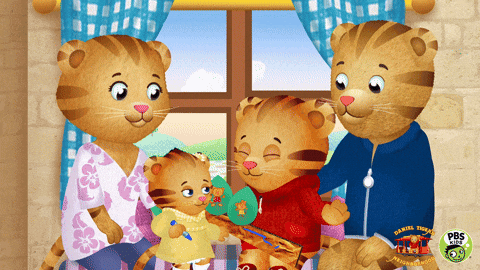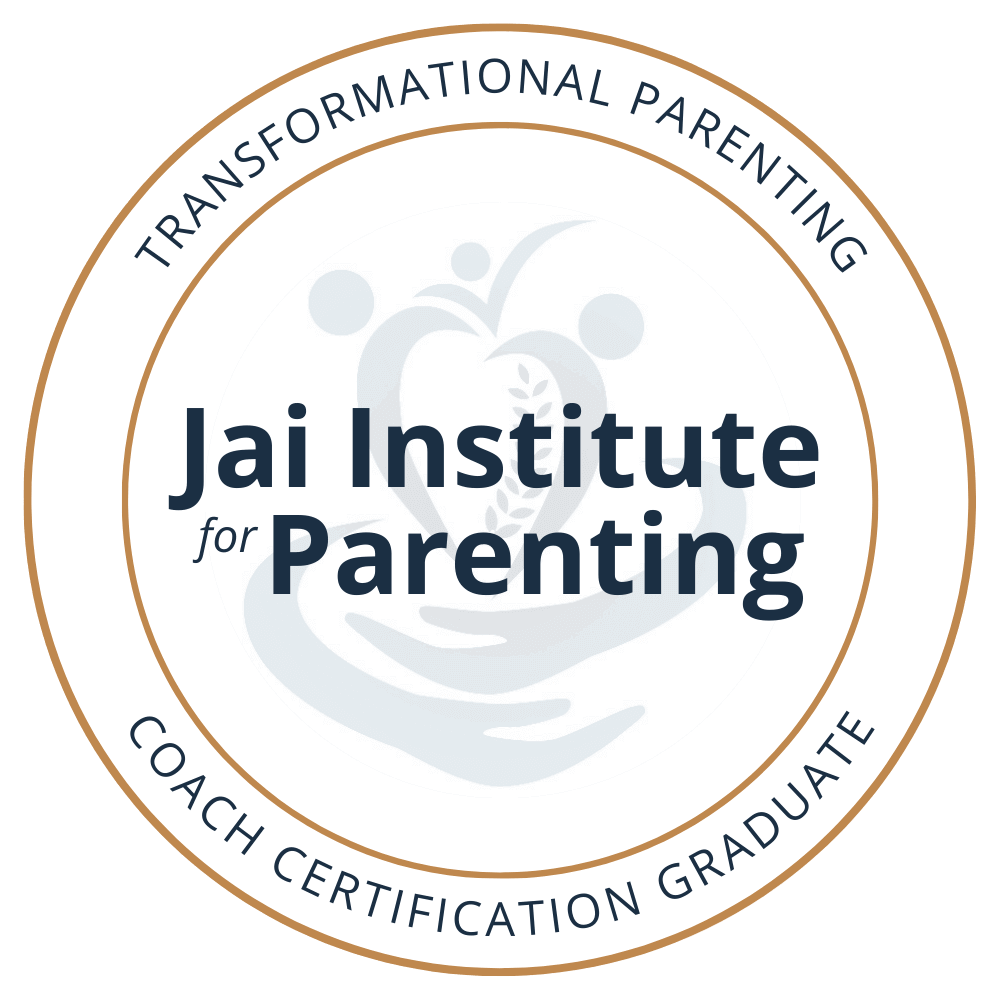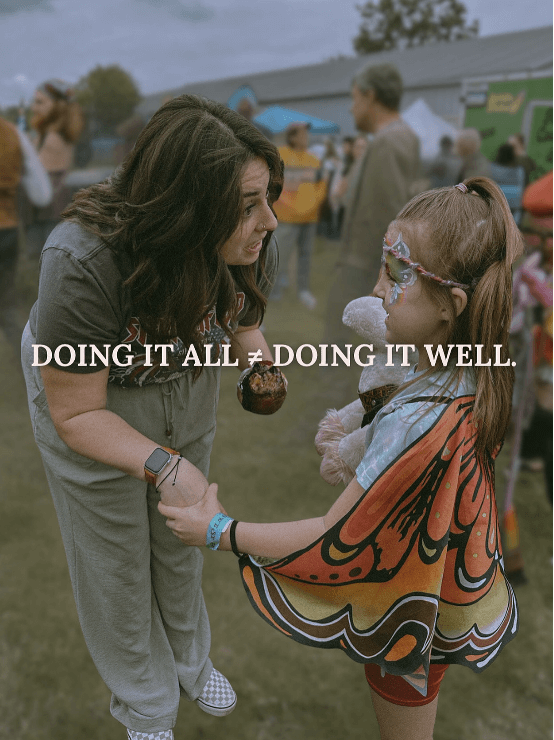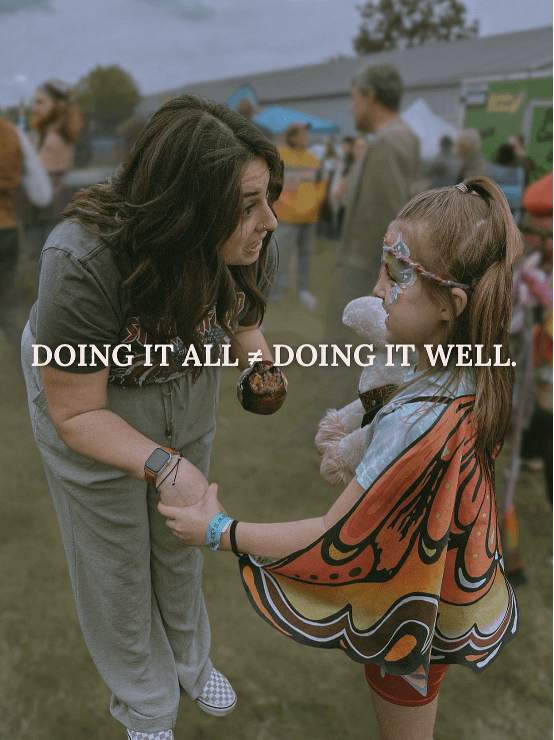
Parenting myths have shaped our idea of being a "good" parent, often piling on stress for families trying to find happiness and balance. Misunderstandings, like thinking happy parents never get stressed or mixing up discipline with punishment, can cause emotional damage and prevent a loving family vibe. This guide will break down these myths, offering friendly, research-backed tips to help parents find their groove and boost their emotional toughness. With empathy and a bit of humor, we’ll see how supportive parenting can change family life for the better, helping both parents and kids thrive in a loving setting. Let’s bust these myths together and create a healthier, happier family life.
Myth: Happy Parents Are Perfect
The idea that happy parents have to be perfect creates unrealistic pressure and stress. In reality, no parent is flawless. Chasing perfection can lead to exhaustion and emotional toll. Instead of aiming for perfect, focus on being real and present. Show your kids it’s okay to mess up and learn from it. This builds emotional strength and promotes a caring parenting environment. Happy parents know their limits and put their well-being first, which helps the whole family. Letting go of this myth lets parents practice self-kindness and flexibility, teaching kids essential life lessons. Remember, love, effort, and true connections make a happy family, not an impossible idea of perfection.
Myth: Discipline Equals Punishment
Thinking discipline is only about punishment is a common myth that can stall emotional growth. True discipline is about teaching and guiding, not just enforcing consequences. When parents see discipline as punishment, it might create fear instead of understanding. This can harm kids emotionally, as they might follow rules out of fear rather than understanding important values. Look at discipline as a chance for coaching. Use misbehavior to teach empathy, problem-solving, and self-control. By focusing on supportive parenting, you help kids build internal drive and responsibility. Moving from punishment to guidance fosters a caring family vibe, encouraging kids to learn from their mistakes and grow into strong, confident people.
Myth: Parenting Comes Naturally
The belief that parenting is naturally easy can mislead and overwhelm many. While instincts help, good parenting requires constant learning and adjusting. Thinking you should instinctively know how to handle everything can cause self-doubt and stress. Parenting is a skill that develops over time, shaped by experiences and learning. Accepting this reality allows parents to seek help and resources without feeling bad. By seeing parenting as a learning curve, parents tackle challenges with a growth mindset, building strength for themselves and their kids. Joining parenting groups, attending workshops, or reading insightful stuff can offer useful tools and perspectives. Knowing parenting isn’t just instinctive helps bust myths and promotes a kinder, more supportive approach to family life.
Spotting Emotional Harm in Families
Spotting emotional harm in families is key to creating a supportive environment. Emotional harm can be subtle, often hiding behind well-meaning advice or outdated ways. It includes actions that lower a child's self-esteem or cause anxiety. Signs might include withdrawing, acting out, or not communicating. Parents need to notice these signals and rethink their approaches. Open talks about feelings can highlight areas possibly hurt by emotional harm. By addressing these, parents can shift to supportive practices that boost emotional resilience. A safe, understanding home lets children express themselves, building healthier relationships. Recognizing and dealing with emotional harm is an ongoing duty, vital for everyone’s well-being.
Stopping Emotional Distress
Preventing emotional distress in families relies on open communication and empathy. Set up an environment where everyone feels heard and valued. Encourage kids to share their feelings and acknowledge them, even if they’re hard to understand. This practice builds emotional strength and eases hidden stress. Set clear boundaries and expectations, but stay adaptable to individual needs. Supportive parenting means spotting and positively addressing the emotional cues of both kids and parents. Regular family check-ins can facilitate open communication. Parents should also show healthy emotional management, demonstrating how to handle stress and setbacks. By nurturing empathy and respect, families can avoid emotional harm and its long-term effects, creating a supportive environment where everyone can thrive.
Strengthening Emotional Resilience
Building emotional resilience in kids is crucial to supportive parenting. It equips them to face life’s challenges with confidence. Create a safe environment for kids to express emotions without judgment. Encourage problem-solving by involving them in decision-making, boosting their sense of ability. Teach stress management techniques, like mindfulness or creative activities. Be a role model by showing resilience in your own life. Celebrate small wins and recognize efforts, promoting a growth mindset. Open talks about emotions and challenges enrich their emotional toolkit. By applying these strategies, parents help kids grow a strong sense of self-worth and confidence, enabling them to face difficulties with resilience while maintaining emotional well-being.
Redefining Parental Success
Redefining parental success means shifting focus from outward achievements to creating a supportive environment. Traditional views of success often emphasize things like grades or awards. True success is nurturing emotionally resilient kids who feel loved. Embrace each kid's uniqueness, appreciating their strengths rather than comparing them to societal norms. Success shows in the quality of the parent-child relationship, marked by open dialogue and trust. Encourage kids to pursue passions and learn from failures, showing that growth matters more than perfection. Parents should also celebrate their own growth and approach their journey with compassion. By redefining success, families create a positive atmosphere where both parents and kids can grow emotionally, building lifelong resilience.
Open Communication in Families
Open communication is key for healthy family dynamics. It means creating a safe space where everyone can share thoughts and feelings without fear. Regular, honest talks build trust and understanding. Active listening is vital; it shows that children’s opinions are valued. Ask open-ended questions and empathize with your child’s experiences. Regular family meetings offer chances to express concerns, discuss wins, and plan activities. These talks address issues before they blow up and help keep peace. Communicate openly about your feelings, modeling transparency. By prioritizing open communication, families strengthen bonds and set up an environment where everyone feels supported.
Creating a Caring Environment
Creating a nurturing environment is crucial for healthy family dynamics and kids’ well-being. Start with a home where love, safety, and acceptance are priorities. Promote positive interactions by celebrating achievements and showing affection. Consistent routines give stability and security. Allow kids room for self-expression and exploration, fostering independence. Take part in family activities to strengthen connections. Respect each family member’s individuality. By ensuring everyone feels valued, families nurture emotional growth and resilience. This environment forms the foundation for kids to grow into well-adjusted individuals.
Simple Steps for Improvement
For parents looking to boost family dynamics, small tweaks can make a big difference. Start by setting realistic goals, like improving patience or communication skills. Reflect on your current habits and identify areas for growth. Prioritize self-care to keep emotional balance. Join parenting workshops or explore new strategies. Create family routines that include connection opportunities, like family dinners. Practice active listening to better understand your child's needs. Involve kids in family decisions. Celebrate accomplishments and stay open to change as your family evolves. These steps help parents make a nurturing environment where everyone thrives.
Resources for Ongoing Growth
Access to resources is crucial for ongoing improvement in parenting. Check out books and articles by child development experts. Online courses offer flexibility and can be tailored to specific needs. Joining support groups provides community and guidance. Podcasts and audiobooks are handy for busy parents. Consider family therapy for personalized support. Local centers often host workshops focused on boosting parenting skills. By staying informed and flexible, parents can create a positive environment for their families.
*AI assisted







































0 Comments